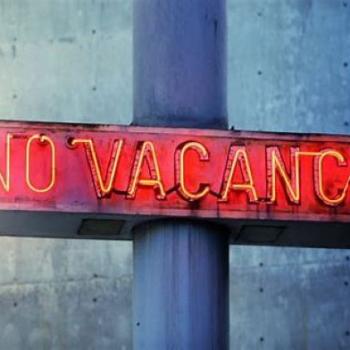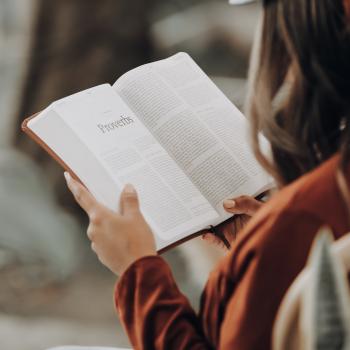Question me before you lose me. Question me, for I have the knowledge of those who came earlier and those who will come after. If the cushion (on which a judge sits) was folded for me (to sit on), I could give judgments to the people of the Torah by their Torah, to the people of the Gospels by their Gospels, to the people of Psalms by their Psalms, and to the people of the Furqan (i.e. Qur'an) by their Furqan, so that each one of these books will be fulfilled and will declare, 'O Lord, indeed 'Ali has given judgment according to Your Decree.' (Mufid 21)
Because the monks comprised a religious community, as opposed to a commercial enterprise, the Prophet granted them tax-free status. "I command all officers," he wrote, "not to require any poll-tax of them, or any other tribute, because they shall not be forced or compelled to anything of this kind." Unlike despots and dictators, from both past and present, who have often raided the coffers of religious authorities, the Prophet viewed them as non-profit entities engaged in charitable, social service, and spiritual activities. Not only did he grant them ecclesiastic autonomy, he even granted them politically autonomy, like a free associated state or an autonomous region. However, unlike free associated states such as Puerto Rico, whose people are deprived of the right to vote, the Christian communities were free to elect their own political representatives and members of their judiciary: "None shall presume to change their judges or governors," declares the Prophet, "but they shall remain in their office, without being deported.
The fifth item promised by the Prophet was freedom of movement, a right taken for granted by many people in the world today. Yet, even in recent times, freedom of movement was not granted in most Communist countries. Even non-Communist countries, like Saudi Arabia, require its citizens to obtain permits to travel within their own homeland. In the kingdom in question, women cannot even drive much less travel without the permission of their father, husband, or senior male relatives. In Morocco, a grand taxi needs a special authorization simply to leave the outskirts of a city. Papers are routinely checked at check-points throughout the country. All entrances and exits to towns in certain regions are blocked by military check-points and barracks. One has to permanently carry identification at the risk of immediate imprisonment. The movement of people in many nations is controlled at all times. However, before the dawn of Islam, and in its early years, there was no freedom of travel or, more specifically, little assumption of safety with regard to travel. The lands were overrun with highwaymen, robbers, thieves, rapists, pillagers, murderers, and human traffickers. Consequently, the Arabs always had to be armed and travel in large groups for the purpose of protection. In lands under the rule of Islam, the Muslim State promised, and provided, protection for travelers along the vast trade and travel routes. Whether they were Jews, Christians, Muslims, or members of other faiths, the Prophet promised that "No one shall molest them when they are travelling on the road."
In item six, the Prophet provided protection to all religious establishments. "Whatever churches they are possessed of, no one is to deprive them of them." In most Communist countries, religious communities had few or no rights. In the Soviet Union and China, for example, tens of thousands of mosques were destroyed. Muslims in France are denied places of worship through deliberate governmental policies. Even in the 21st century United States, Muslims in certain areas face almost insurmountable obstacles when they apply to build mosques. In many Western countries, even those which purport to uphold "human rights" and "religious liberty," mosques have been vandalized and set ablaze while authorities turn a blind eye. The Prophet, however, personally promised to protect all places of worship. Consequently, the building of synagogues and churches actually flourished during the Golden Age of Islam. This is not to say that an Islamic State can allow prosyletization within its midst. While non-Muslims are allowed freedom of religious practice; they are not allowed to engage in missionary activity among Muslims. Nothing prevents them, however, to spread the Gospel among pagans and polytheists.




